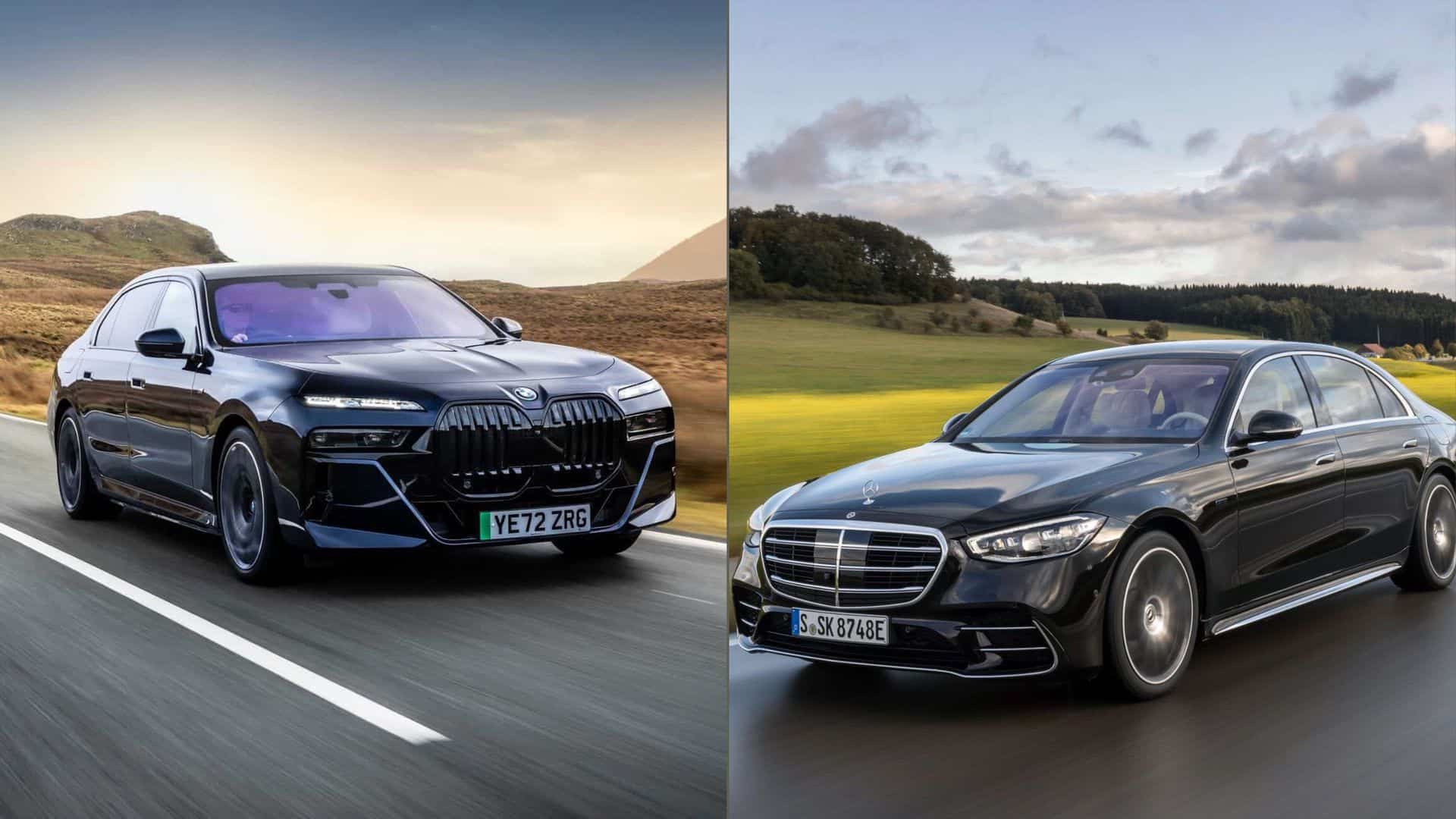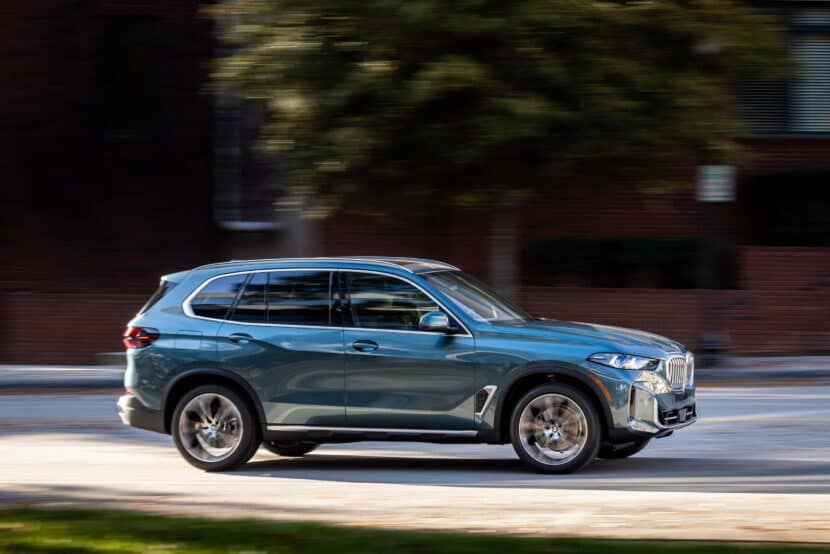BMW finishes ahead of Mercedes-Benz, Lexus and Audi in the battle for the 2023 luxury crown in the United States. In a recent report, it was revealed that the Munich-based company achieved an impressive sales record by selling 362,244 units of its core brand in the U.S. market, marking a 9.0 percent increase. Despite a strong forth quarter, rival Mercedes-Benz will finish the year third. The Stuttgart-based automaker reported total sales of 351,746 units in 2023, up by 0.2% compared to 2022. If we exclude the number of vans, the overall sales in the U.S. are even lower: 282,229 units.
Lexus Makes a Comeback
Lexus comes in second after the Japanese managed to regain ground in sales that were previously impacted by production and inventory challenges throughout much of 2022. The Japanese luxury brand concluded the year with a notable 24 percent increase, reaching a total of 320,249 units, marking its second-highest sales figure since 2016. Audi recorded its most successful year in the United States to date, delivering 228,550 cars in 2023, marking a remarkable 22% year-on-year increase. Yet, that wasn’t enough for the Ingolstadt-based automaker to clinch a place on the podium.
SUVs and crossovers play a pivotal role in the sales strategies of all three brands in the US market. For BMW, just over 62 percent of sales are attributed to the X models, while Mercedes and Audi have figures of just over 68 percent and 70 percent, respectively. The best-selling series within each brand are the BMW X5, Mercedes-Benz GLE, and Audi Q5. Electric cars are gaining prominence across all three brands. BMW leads in this domain with 45,417 units, closely followed by Mercedes with 43,202 units. Mercedes benefits from a wider electric vehicle offering in the US market, including the EQB, contributing 11,767 BEV units alone. Audi trails behind in this discipline, with only 25,039 electric cars sold.
Certainly, it’s important to note a caveat in these rankings: Tesla. Analysts vary in their classification of the Austin-based automaker, with some placing it in the premium segment, while others argue that Tesla operates on a different level compared to traditional premium automakers. While Tesla doesn’t provide a regional breakdown of sales, the total deliveries for the year stand at 1.81 million cars, reflecting a notable 38% increase. According to estimates from Automotive News, the electric vehicle brand achieved approximately 670,000 sales in the U.S. last year, with the Model Y accounting for nearly 386,000 units. The Model 3, with an estimated 232,700 units sold, secured its position as the top-selling electric sedan and the second-best-selling sedan overall, trailing only behind the Toyota Camry.






































































